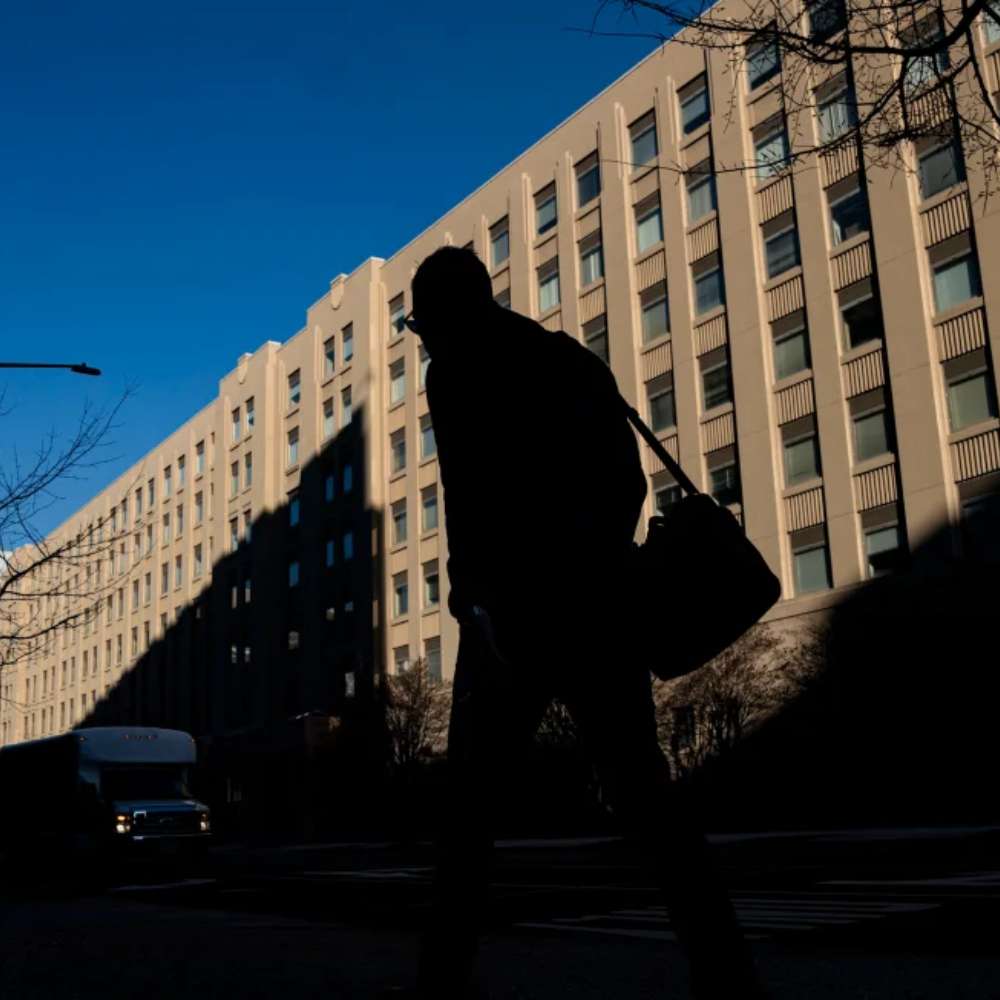Workforce Reductions and Economic Impact
The federal government is undergoing a significant downsizing, resulting in thousands of employees facing job losses due to federal layoffs led by the Department of Government Efficiency (DOGE). While the overall U.S. economy may remain stable, the repercussions of these layoffs could be deeply felt at the individual and community levels.
Economists suggest that the removal of federal positions is unlikely to push the nation into a recession. The federal civilian workforce, currently comprising approximately 3.02 million people, represents less than 2% of the country’s total labor force. Consequently, while job losses may disrupt many lives, they are not expected to have a large-scale impact on economic growth. However, financial strain on affected families and local economies could be substantial, particularly in areas where federal employment is a cornerstone of economic stability.
“These are real people. It’s a real hit. This is not something we should be celebrating,” said Joe Brusuelas, chief economist at RSM. He emphasized that while national economic indicators may not reflect severe damage, the effects on individual workers and their families could be profound.
Growing Uncertainty and Regional Consequences
The extent of the layoffs remains uncertain, with thousands of probationary employees—those with under two years of service—already affected across various federal agencies. Initial estimates suggest that job losses may reach up to 300,000 federal positions, with an additional 450,000 contractors at risk. Many of these affected workers include veterans and other specialized professionals whose employment has played a crucial role in public services.
The layoffs are not taking place in isolation; they coincide with broader economic concerns, including trade policies and labor market shifts. Some businesses are optimistic about potential benefits from tax reforms and deregulation, but others fear instability and reduced government contracts. This uncertainty has led some analysts to warn about the risks posed by widespread job losses, particularly if they contribute to hesitation in investment and hiring decisions.
“It puts the variable of uncertainty into the equation. And uncertainty is really bad for the economy and for labor markets because uncertainty means everybody pauses,” said Ron Hetrick, a senior labor economist at Lightcast.
Local Economies and Innovation at Risk
The effects of federal layoffs are expected to be most severe in regions with high concentrations of government workers. In Washington, D.C., Maryland, and Virginia, where nearly a quarter of all federal civilian employees reside, the reductions could lead to depressed home values, reduced consumer spending, and struggling local businesses. The layoffs could also impact smaller communities across states such as Missouri, Colorado, and North Carolina, where government agencies and research institutions play a crucial role in local economies.
Experts warn that the ripple effects may extend beyond immediate job losses, affecting sectors that rely on federal funding and innovation. Research institutions and high-tech industries, which often partner with government agencies, could face setbacks in projects and funding, leading to long-term economic consequences.
“The risk to innovation is a major concern,” said Brian Lewandowski, executive director of the Business Research Division at the University of Colorado. “When these jobs disappear, we may lose something unique that has been built over decades.”
While efforts to streamline government spending may yield financial benefits in the long run, the immediate and widespread uncertainty surrounding these federal layoffs presents economic risks that cannot be ignored.







